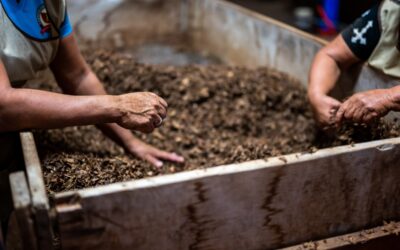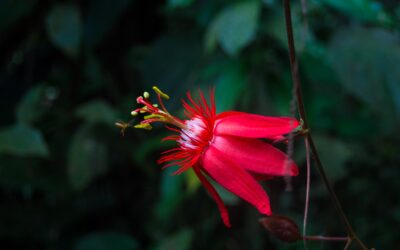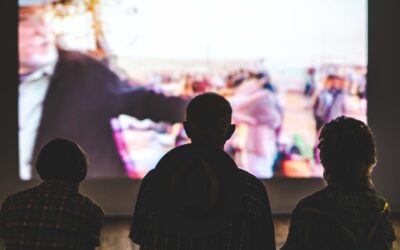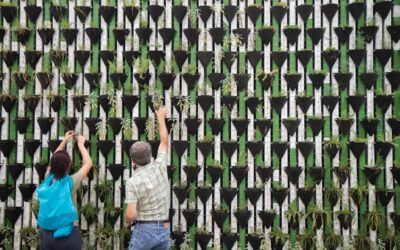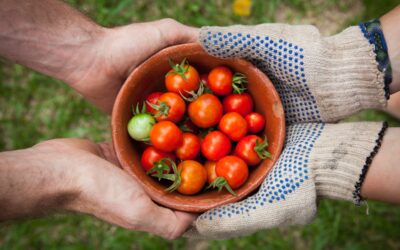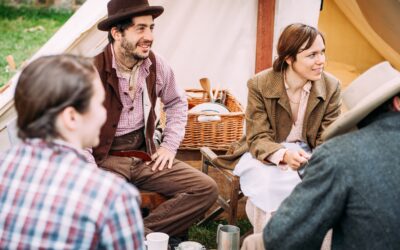Action Tips
Action Tips are a collection of best practices developed and applied by small ecological communities. By researching and promoting these examples we want to help people willing to take action locally, together with others, to adapt to climate change and create regenerative cultures. The Action Tips are complementing the resources shared on our Portal, to support practical learning and to provide drivers for sustainable behavioral changes.
The original Action Tips were first identified by the Hungarian Small Communities Programme staff and experts, with whom we have a strong international collaboration. Micelio members translate the original texts to English and Spanish and share them on our online platforms. In addition, we are gathering local best practices in Cataluña and Spain and investigate the transferability of foreign examples.
Let’s compost together!
Composting is the most environmentally friendly and cost-effective way to treat organic waste. Its goal is to turn biodegradable food residues into humus-rich soils in an oxygen-rich environment with the help of decomposing organisms - which can then be recycled into...
Let’s create a local inventory!
The purpose of the value inventory is to get a more accurate picture of what makes our living environment lovable and what values we should try to preserve. The living environment in this case can be our own settlement or a part of it, but we can also collaborate...
Let’s look for other solutions instead of noisy mowing, or even completely abandon it!
Our home tranquillity, and garden time is often disturbed by the roaring (unpleasant) noise of lawn mowers in the gardens around us. In addition, frequent mowing creates grasslands that are extremely poor and depleted of nutrients. So, what can we do to reduce the...
Let’s get to know and experience the natural values of our place of residence better!
This is where nature conservation begins. What we do not experience, we do not really know, what we do not know, we cannot love, and what we do not love, we are less likely to protect. Let's go on a trip! You can get great ideas on where to go from local hiking...
Let’s start a reading circle!
Before getting started with concrete practical activities, as a step zero we can organize a reading circle on the topic of the ecological crisis and the possible ways out in our place of residence. The reading circle can be closed, to deepen our knowledge, or open and...
Let’s start an eco-film club
The eco-film club can be an excellent conversation starter and community builder. Moreover, previously long-existing, progressive, cohesive communities can learn a lot from these and it is a good way for widening horizons. The film club should always be built around a...
Let’s call an expert and talk together
The sharing of surplus crops was a very common phenomenon in human communities but had been pushed into the background in modern Western societies. However, there are several reasons to change this! One being that not everyone can deal with all the different aspects...
Let’s go guerrilla gardening!
If the municipality does not give us permission to plant trees, or if we do not feel like getting lost in the mazes of bureaucracy, we can choose guerrilla gardening, which is also known as unlicensed planting. However, the types of trees or shrubs planted this way ...
Let’s exchange crops!
The sharing of surplus crops was a very common phenomenon in human communities but had been pushed into the background in modern Western societies. However, there are several reasons to change this! One being that not everyone can deal with all the different aspects...
Let’s form an eco-circle!
Eco-circles are communities, which exist in many countries, where people help each other to create more ecological households. Members meet on a weekly basis for several weeks (usually two to three months) and each time discuss a different area of their household with...
